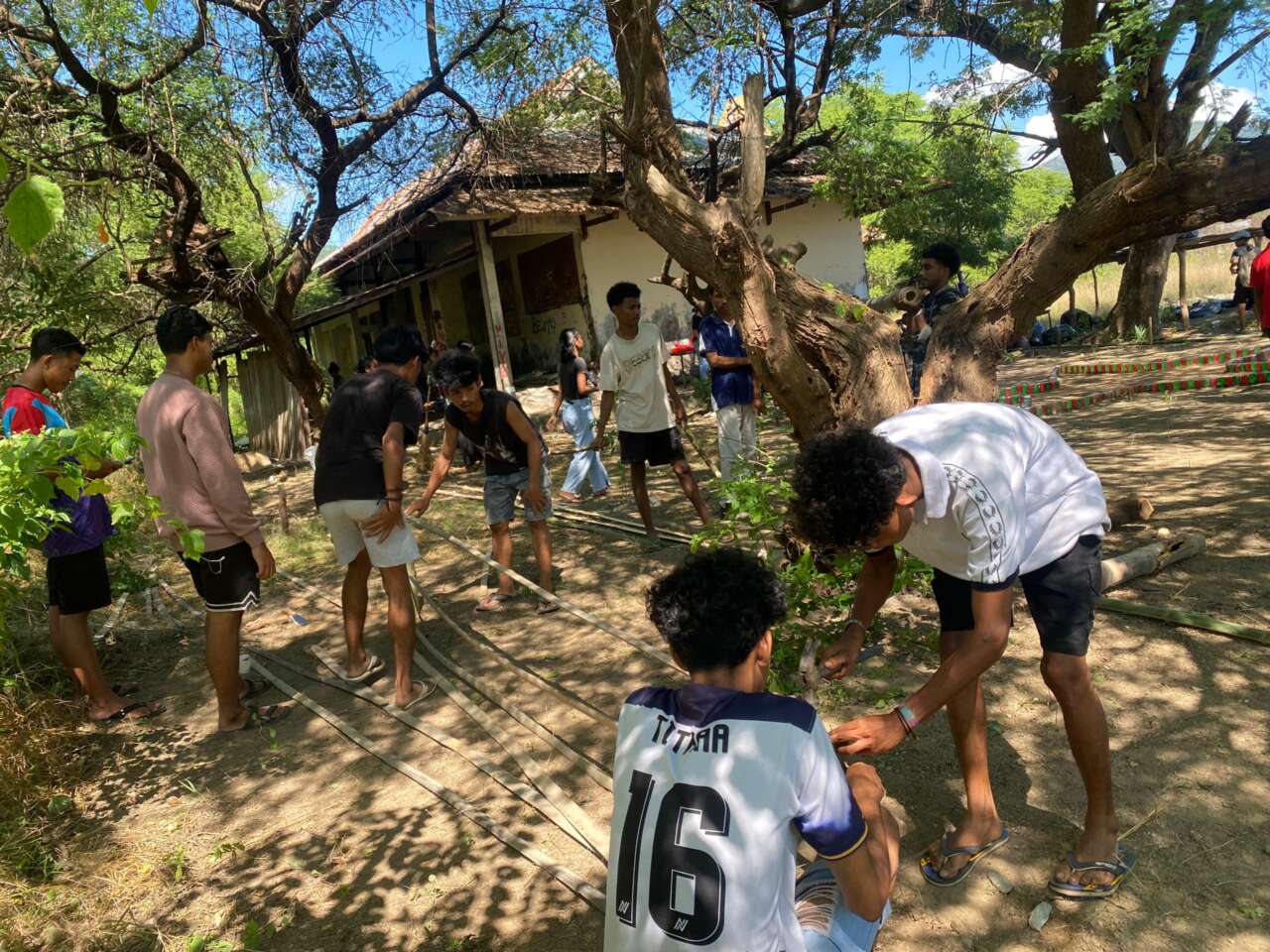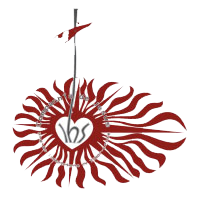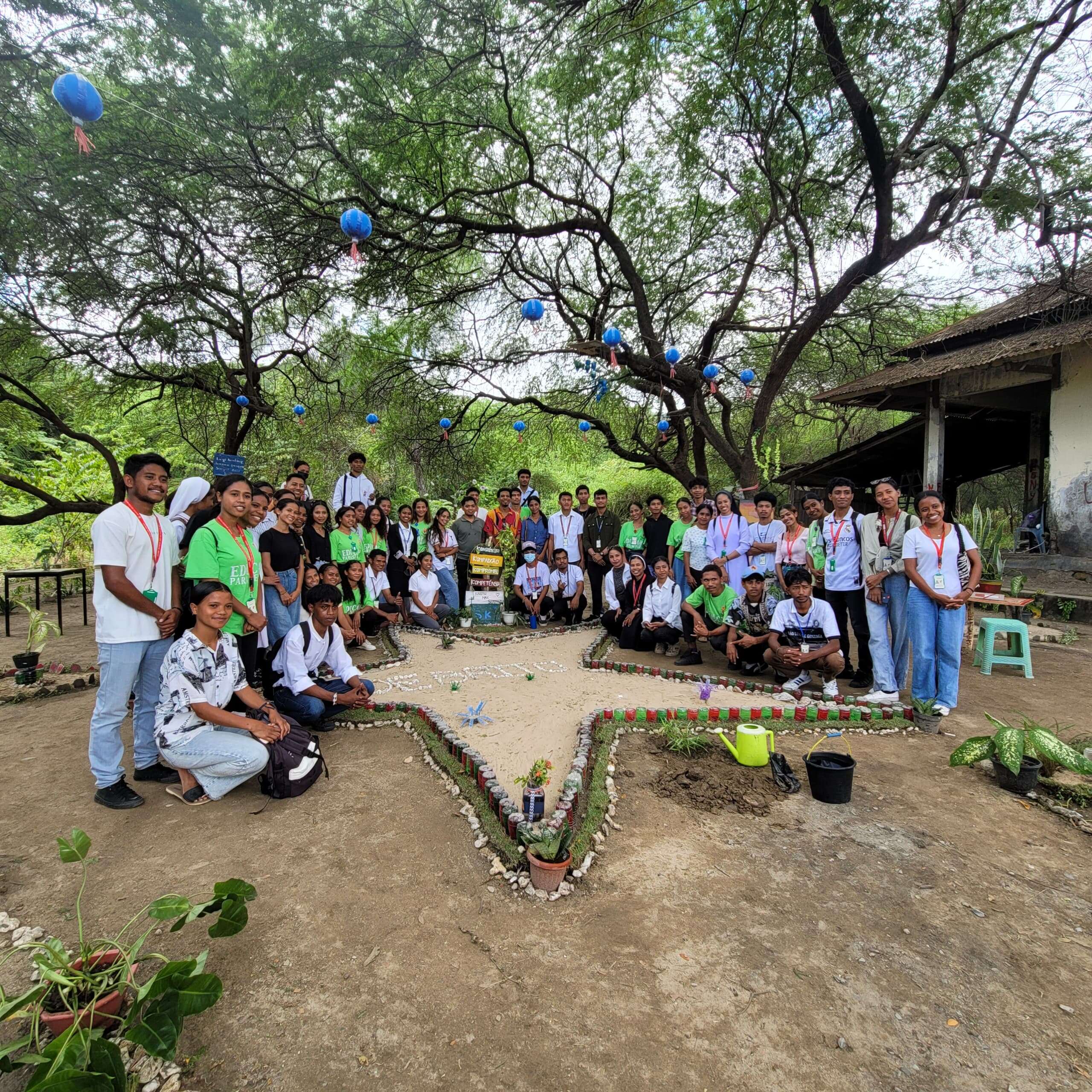The Instituto São João de Brito (ISJB) recently celebrated Laudato Si’ Week, a global initiative inspired by Pope Francis’ encyclical that calls on everyone to care for our common home. Through a week filled with activities, students deepened their understanding of environmental stewardship, teamwork and responsibility.
Learning from Experience
According to Marcela, a student participant, the celebration was initiated by the Formation Office, together with Fr. Sacha Gold-man, SJ, Professor André, Professora Goretti, and Senhora Blanka. The week was filled with meaningful activities such as mangrove visits, sea turtle conservation, gardening projects, choir performances, theater, and even a “mountain of waste” competition.
“For us, Laudato Si’ Week helped raise our awareness about the risks facing our environment,” Marcela explained. “We reflected on how deforestation, bushfires, and waste disposal damage our common home. The activities reminded us of our responsibility to protect creation—through simple actions like planting flowers, recycling materials, and transforming waste into something useful.”
Students learned to recycle old tires into chairs, reuse plastics, and plant greenery that benefits not only themselves but also the wider institute community.
Building Teamwork and Community Spirit
For Deo, the most meaningful part of the week was teamwork:
“Usually, we are busy with our own tasks and prefer working alone. But through Laudato Si’ Week, I realized the beauty of collaboration. Working together, sharing ideas, and supporting one another gave me a deep sense of unity, commitment and responsibility.”

Students prepared meals together by bringing food from home and sharing it. “We learned to cook, eat and, live as a community,” Marcela noted. “It wasn’t only about caring for the environment but also about caring for one another.”
Raising Awareness through Creativity
The celebration also included a Loyola Festival and eco-fashion show, where students designed outfits using recycled plastic, newspapers, and other discarded materials. This creative approach encouraged them to rethink waste and see beauty in transformation.
Their visit to the mangroves revealed both challenges and hope. “We saw many mangroves had died,” Marcela shared, “but we also saw how communities, together with the government, are starting conservation efforts. In my own village, we plant mangroves to prevent flooding and provide habitat for animals.”
Facing Environmental Challenges in Timor-Leste
Students also reflected on broader issues facing Timor-Leste. Plastic pollution emerged as one of the most urgent threats. “Every time we shop, we use plastic bags. Many people still buy bottled water instead of bringing tumblers, and often these bottles are thrown away carelessly,” Marcela observed.
Deo added that deforestation, bushfires, and poor waste management also harm both the environment and human health. “When waste is dumped and burned in places like Tibar, nearby communities suffer the consequences,” he explained.
Moving Forward with Action
The ISJB community was joined by representatives of the Laudato Si’ Movement Timor-Leste, who encouraged the school to create a permanent Laudato Si’ Club. This initiative would help students continue their learning and advocacy for environmental care.
Marcela highlighted the importance of government action as well: “We need proper waste separation systems. Education alone is not enough—we need structures that allow us to manage waste responsibly.”
After a week of activities, students noticed real changes. “The school grounds became cleaner because of our waste collection competition. More importantly, we gained lasting awareness,” Marcela said.
A Call to Action
Reflecting on their experiences, both Marcela and Deo shared personal commitments:
Marcela: “The knowledge I gained is not just for myself—it’s for my community. Together, we must take small but concrete steps to care for our common home.”
Deo: “As young people, we must act, not only talk. Caring for creation is everyone’s responsibility, start with share knowledge and take action together.”
Written by: Lucrecia Nessi, ETR Volunteer

